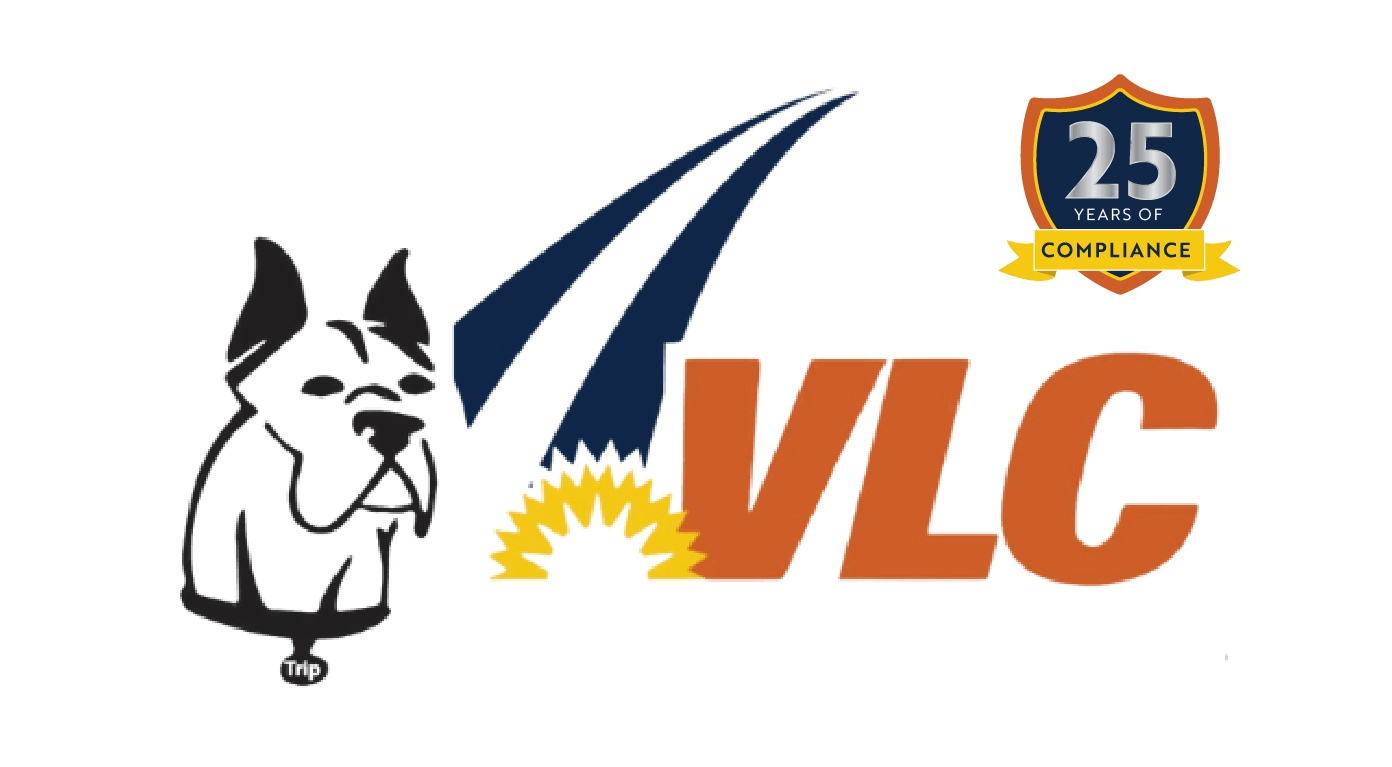Anyone running a transportation operation knows that they’re required to keep Driver Qualification Files (DQFs) on all their CDL drivers – but did you know that even non-CDL drivers may be covered by these regulations as well?
Such situations are somewhat rare, but they can happen. If an operation assumes that only CDL-licensed drivers need a DQF, they could accidentally fall out of compliance with Department of Transportation (DOT) regulations – and that can trigger steep fines or even worse penalties. It’s critical to fully understand DOT driver qualification file management requirements, to avoid any unnecessary regulatory problems.
- When Do You Need A DQF For a Non-CDL Driver?
Knowing when drivers need a DQF typically boils down to the weight of the vehicle they’re driving. A driver only needs to have a CDL when they’re driving a vehicle with a gross weight of 26,001+ pounds. However, DQF regulations cover any driver operating a vehicle with a gross weight of at least 10,001 pounds.
So, in these situations, a DQF would be required even if the driver doesn’t have a CDL.
In addition, there are a few unusual scenarios where you might have a driver without a CDL hauling even less weight but still must have a DQF on file. These include:
- Drivers’ transportation of hazardous materials of any weight.
- Drivers transporting 8 or more people (including themselves) for payment.
- Drivers transporting 15+ people (including themselves) without payment or compensation.
In all these situations, a DQF will most likely be required.
2. What Information Do You Need to Keep on Non-CDL Drivers?
The requirements for non-CDL drivers are the same as for CDL drivers if they fall under DOT regulatory authority. The required information includes:
- The driver’s original employment applications.
- Their motor vehicle records as of the time they are hired.
- Verification of previous employers, or documentation of good faith attempts to verify previous employment.
- Road testing results and certification.
- Medical examination records and certification of physical fitness.
In addition, you must annually update their DQF to include their motor vehicle record for the past year, as well as recording any legal violations, if any occurred.
Vehicle Licensing Consultants
Keep these records up to date, with the help of DOT driver qualification file management software, and you’ll be able to easily pass any challenges or audits brought by regulatory bodies. DQMConnect from VLC makes DQF file management easy! Contact us to learn more about our software solutions.



